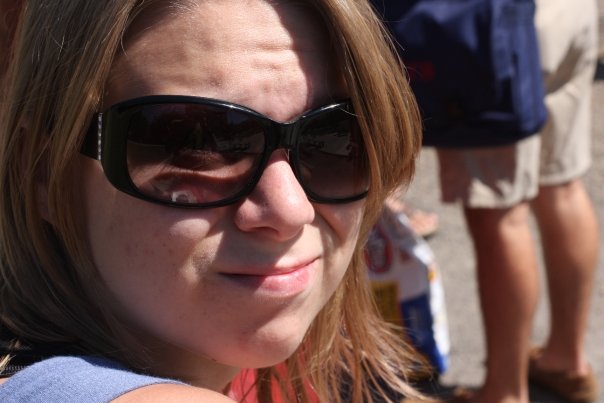It was very interesting, he is actually a sangoma (traditional diagnostician who divines the health problem), inyanga (traditional pharmacist, uses "muthi" or herbal medicines), as well as a Zionist priest. It's pretty rare for someone to be one of those, much less any of them in combination. We didn't get to see a healing ritual or anything, but through a translator we asked him all kinds of questions and he told us his story. To become a sangoma, you don't just choose it as if you would choose to become a doctor. Instead you are "called," and have all kinds of dreams, and you cannot refuse the call. If you were to try, he says, you would "go crazy or die." He is a Christian, and has been since childhood, and didn't want to be a sangoma because he didn't see them as compatible. People in the church told him he was going to be a sangoma and he was afraid, but had no choice.
Many African Christians do not visit sangomas because they see it as wrong. He described the relationship between the ancestors, which African tradition is focused on, and God. The sangoma serves as a link and a translator to the world of the ancestors. Ancestors will sometimes cause illness if they have not been paid proper respect, and as such they (and elders in general) are due much respect in African culture. The ancestors, then, serve as a line back to God.
Now as a healer he travels all over the province to see patients. He accepts whatever payment the patient can afford, sometimes a goat or a chicken, sometimes nothing at all, depending on the ailment. He was dressed in a button down shirt and trousers, though dress for sangomas varies from this through traditional healer dress (including most importantly, the gallbladders of chickens). He will treat anyone of any race, though I doubt he's ever treated anyone but a Zulu (or other Ngoni-speaking, that is, same ethnic family) person.
I'll answer any questions to the best of my ability!
Many African Christians do not visit sangomas because they see it as wrong. He described the relationship between the ancestors, which African tradition is focused on, and God. The sangoma serves as a link and a translator to the world of the ancestors. Ancestors will sometimes cause illness if they have not been paid proper respect, and as such they (and elders in general) are due much respect in African culture. The ancestors, then, serve as a line back to God.
Now as a healer he travels all over the province to see patients. He accepts whatever payment the patient can afford, sometimes a goat or a chicken, sometimes nothing at all, depending on the ailment. He was dressed in a button down shirt and trousers, though dress for sangomas varies from this through traditional healer dress (including most importantly, the gallbladders of chickens). He will treat anyone of any race, though I doubt he's ever treated anyone but a Zulu (or other Ngoni-speaking, that is, same ethnic family) person.
I'll answer any questions to the best of my ability!

No comments:
Post a Comment